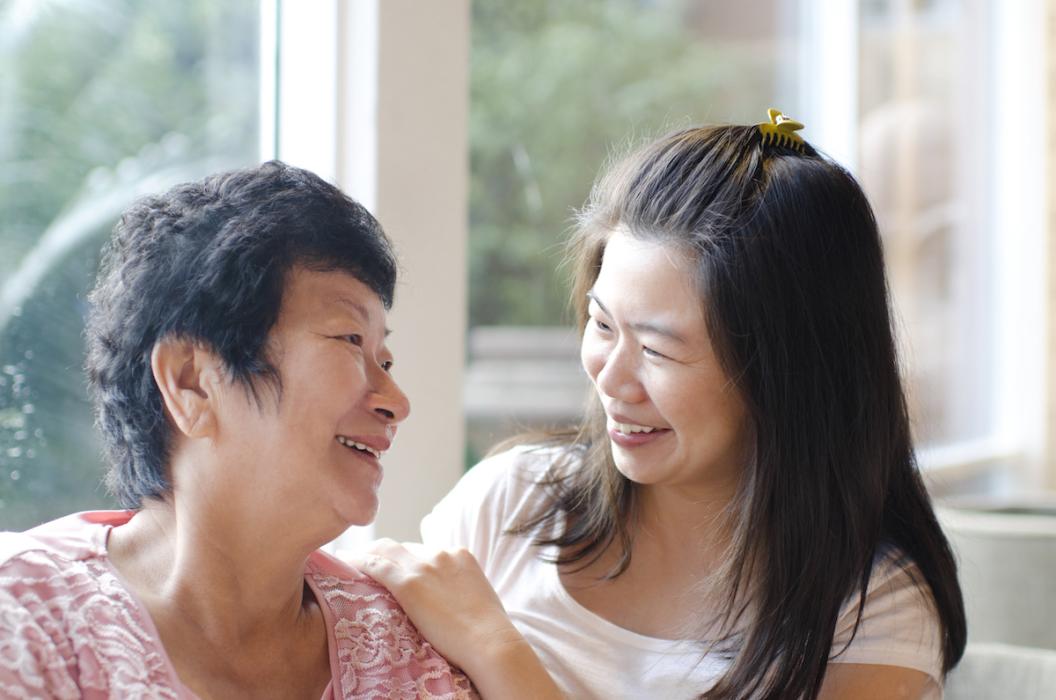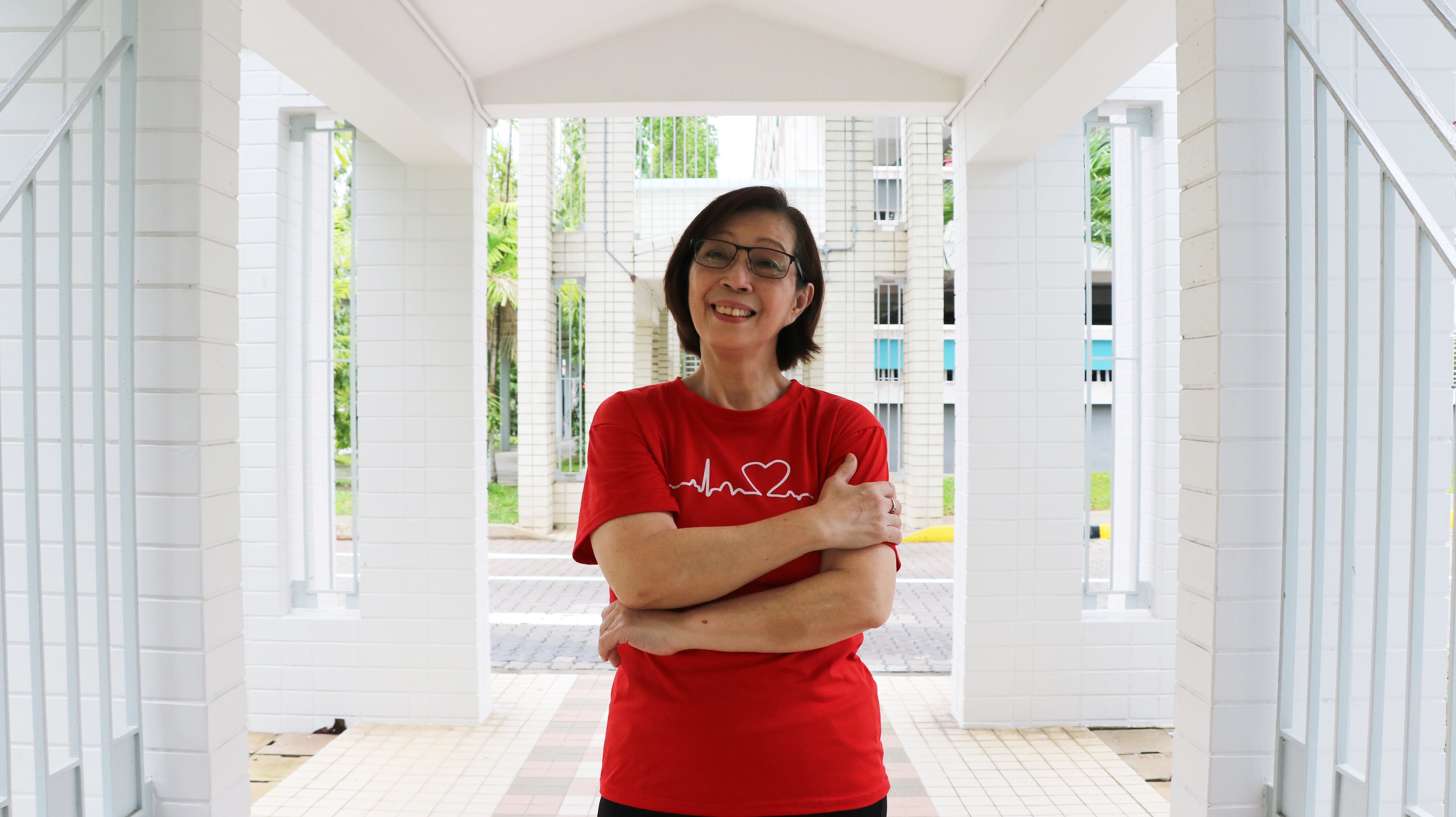While many are familiar with Advance Care Planning, not many actually know what it’s like to go through the process. In order to give readers a better understanding of the ACP process, our writer did her own ACP and talked about her experience. This is her story.
I know what Advance Care Planning (ACP) is, having written about it. But it’s one thing to write about it, another to go through the process. “Do I really need one?” I thought to myself — and really, how much planning do we need to prepare for the future anyway?
I already have several policies that cover life, accident and hospitalisation on top of what my company provides. I even have a personal pension plan that I deposit to each month. I was all set for any eventuality, I thought.
I had to admit though that I was curious about what else ACP can add to my personal future-proofing. This assignment seemed like a good opportunity to find out.
But first, what is an ACP?
Essentially, it’s your plan for living and leaving well that your loved ones and care professionals will follow in the event that you lose your mental capacity and can’t speak for yourself. For example, if you’re in a coma or a stroke and can’t articulate your thoughts, your ACP outlines your preferences so your loved ones and care team know how you want to be cared for.

Talking to a facilitator
To start my ACP journey, I met with Kelly Kok, an ACP facilitator for Life Point. Life Point is one of the community nodes under AIC, which has a team of facilitators like herself to conduct ACP sessions for people who want to have theirs in place.
One of the first things I discovered was that you don’t have to do yours alone, if talking about life-and-death matters is uncomfortable for you. “We actually have couples who wanted to do theirs together,” says Kelly. “So I’ll talk to one and then the other. I will talk first to the person who already has an idea of what he or she wants before switching to the other half.”
She does this because an ACP session reveals a lot about yourself, your family and your circumstances. The process makes you really think deeply about how you live your life — and what might your life be if you need caring for. “I find that more than just putting down healthcare decisions, an ACP really promotes conversations among family members and loved ones about these things and I think that’s important,” says Kelly.
Talking to Kelly felt a bit like being in therapy, because I was processing things about myself and what I wanted with a professional — and these were thoughts that were difficult to think about — let alone share with other people, even those I cared most about.
“I always tell the people who do an ACP that they need to share their ACP with family members. It promotes conversations about these topics and as Asians, we tend to keep things to ourselves. We avoid difficult and personal topics. And it’s important to talk about these things.”

Thinking about things that matter to me
So what exactly did Kelly and I talk about? There are two parts to the session: In the first part, she asked me questions about what my personal definition is of “living well”. What makes me happy? What aspects of my life give it meaning? What do I enjoy doing? She even asked my favourite foods and pastimes.
In the second part, she asked me what is most important to me when I am ready to leave this world. It’s a simple question but with very complicated answers involving a jumbled thought process before I could articulate what I wanted.
“This is not just focusing on when you are critically ill or dying, because that’s the easy part,” said Kelly. “But what happens when you are actually down with an illness that doesn’t rob you of your life straightaway?” It’s a question that gave me pause. If I need long-term care, what kind of care arrangements would I like to have? And where would I be cared for? Thinking about it, I realised I’m not as scared to die, as I am of being helpless and not dying right away. Because then, what would my quality of life be?
Our session covered many areas, as Kelly asked me my thoughts and opinions on matters life and death. A sampling of the questions we covered during my ACP included:
- If I needed care, where would I want to be cared for, at home or at a care facility?
- Who would do the caring?
- If I were to fall sick, what are my greatest worries or concerns?
- What is my tolerance for pain?
- If my illness worsens, would I want my spokesperson to tell my care team to find any means necessary to find solutions? Or would I want to just be made comfortable and allowed to pass away?
- If I have a serious accident and lose consciousness, do I want to be resuscitated?
These were tough questions that demanded thorough and honest answers. The more honest I was about myself and the more complete my answers were, the more detailed my plan would be — which would help me and my loved ones with my care down the line.
This is why an ACP session typically lasts one-and-a-half to two hours because the discussion could go as deep as the person wants. “We typically schedule only around four sessions in a day, because each one can take awhile,” Kelly says.

Appointing trusted Nominated Healthcare Spokespersons
Another crucial aspect of having an ACP is appointing a trusted Nominated Healthcare Spokesperson (NHS) or two to speak and act on my behalf. Choosing a NHS is a whole thought process in itself. Contrary to what I thought, a NHS need not be your closest relative. I can choose a close friend if I wanted to.
There are certain criteria for choosing a NHS, advises Kelly. “You must choose someone who is willing to be your NHS — this is very important,” says Kelly. “They must be able to speak on your behalf, follow your decisions — and even more importantly, must know you very well to know what you want or don’t want.” Another crucial point: Be able to ask questions about your care to the medical staff if need be. “They need to be able to ask questions and not just blindly follow what the doctor said,” suggests Kelly.
This is why she advises that after I am done with my session, I should speak to the persons I have chosen and ask if they are willing to speak for me when the time comes. If that person is willing to do this for you, then it’s a good gauge of friendship and love, I thought.
Kelly also advised me to have two Nominated Healthcare Spokespersons so the responsibility is shared and I have someone to speak for me in the event something unfortunate happens to one of them. It is also important that the spokesperson be accessible to make decisions or sign forms. I may trust someone to speak for me, but if this person lives in another country, then it would not be practical to appoint him or her.
These considerations are important because the ACP is not a legal document.
“I want to emphasise this. It details your wishes and preferences, but it is not legally binding,” says Kelly. “If your spokesperson refuses to do what you want, then that’s it. Your ACP is not going to be followed.”

Next steps
A few days after the session, Kelly emailed me a draft copy of the plan which covered what we talked about at the session. She advised me to look through and discuss with family or my nominated spokespersons.
After I had gone through the plan and edited or thought over what I wanted, I sent my plan back to Kelly with my amendments. She will then key in those amendments and finalise it, inputting it into the AIC system.
“Once it’s in there, anytime a healthcare professional keys in your NRIC or FIN, for example, at the hospital, your ACP is there to guide your care team,” she says. Of course, an ACP is only ever put in play if I cannot speak for myself, otherwise, “...if you can speak up, then you jolly well tell the doctors what you want, right?” she laughs.
But what happens if I change my mind about something? “The ACP can be reviewed,” she says. “Of course, we can change it. Our thinking or circumstances could change so it’s important that these are reflected in the document.”
Final thoughts
Going through the whole process was by turns comforting, in a way. Many of what we discussed were things that I never gave much passing thought to and did not realise how important they could be in the scheme of things. One thing the ACP process taught me about myself is that while this is my plan and I am doing it for myself, I am also doing it for my loved ones. It gives me the agency to have a say in how I wanted to be cared for and not leave the decisions solely to them, which can be stressful and cause conflicts if there are differing opinions.
Ready to set up an appointment for your ACP?
If you're receiving medical care at a public healthcare institution, ask your care team to arrange an ACP session for you. If you're not receiving treatment at any public healthcare institution, you can contact a community ACP facilitator here to make an ACP appointment: https://mylegacy.life.gov.sg/find-a-service/find-advance-care-plan-facilitator/








